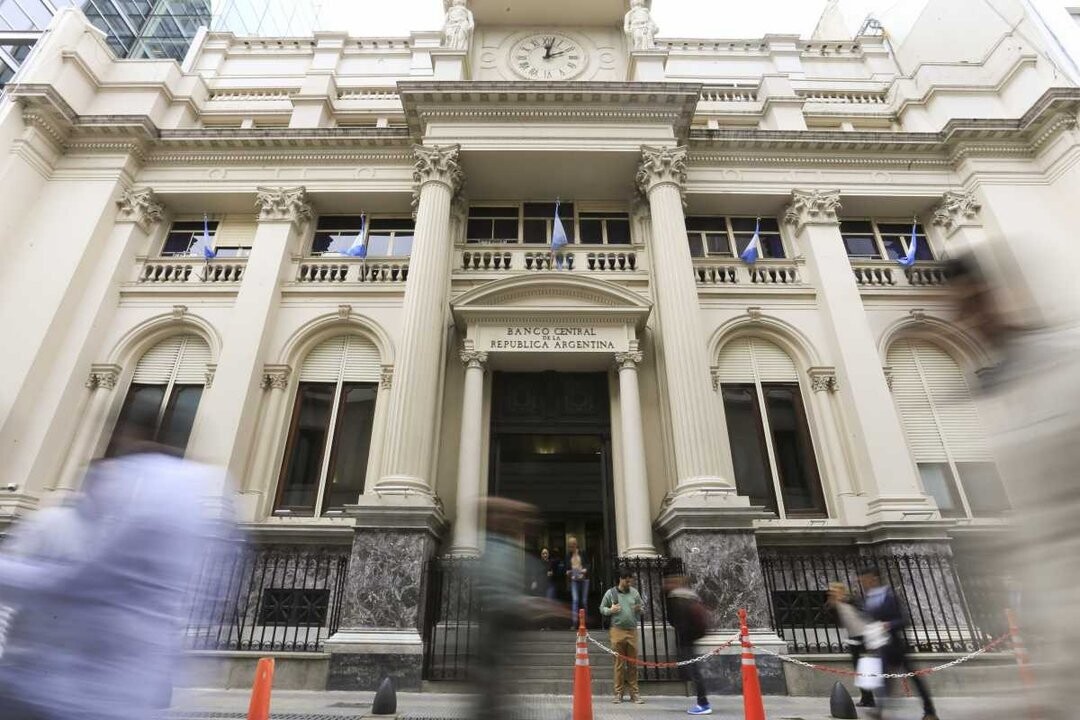
The Central Bank (BCRA) decided today to expand the use of dollars by financial institutions to allow them to lend in foreign currency to individuals and companies, even if their income is in pesos. The measure involves a modification to an existing regulation that limited these operations to companies in the export chain, unless the Executive Power intervened.
Communication 'A' 8202 was the chosen path by the BCRA to implement this change requested by financial institutions, removing a restriction imposed in 2016. Now, banks can finance with dollars obtained through credits abroad or issuance of negotiable obligations to any person or company, regardless of the currency in which they receive their income.
The measure is framed in a context of credit expansion and development of the capital market, according to the BCRA. Although banks had requested the Government to relax regulations to use funds from the amnesty totaling US$ 20 billion deposited by clients, the BCRA chose not to intervene in the intermediation of these deposits.
The regulation in effect since 2001 establishes that loans in dollars funded by bank deposits must be exclusively for companies with income in foreign currency to prevent stress situations in the financial system. Nonetheless, with the dollars available from amnesty income, banks have expanded the offering of loans in foreign currency, which have more favorable rates.
Specifically, part of the BCRA's reserves over the past year has been boosted by the liquidation of these financings in the official market. Official data show a significant growth of 228.2% in dollar loans to the private sector in the last 12 months, totaling US$ 1.890 billion in January, partly due to the increase in credit to companies and the rise in the use of credit cards abroad, especially during the holiday season.














